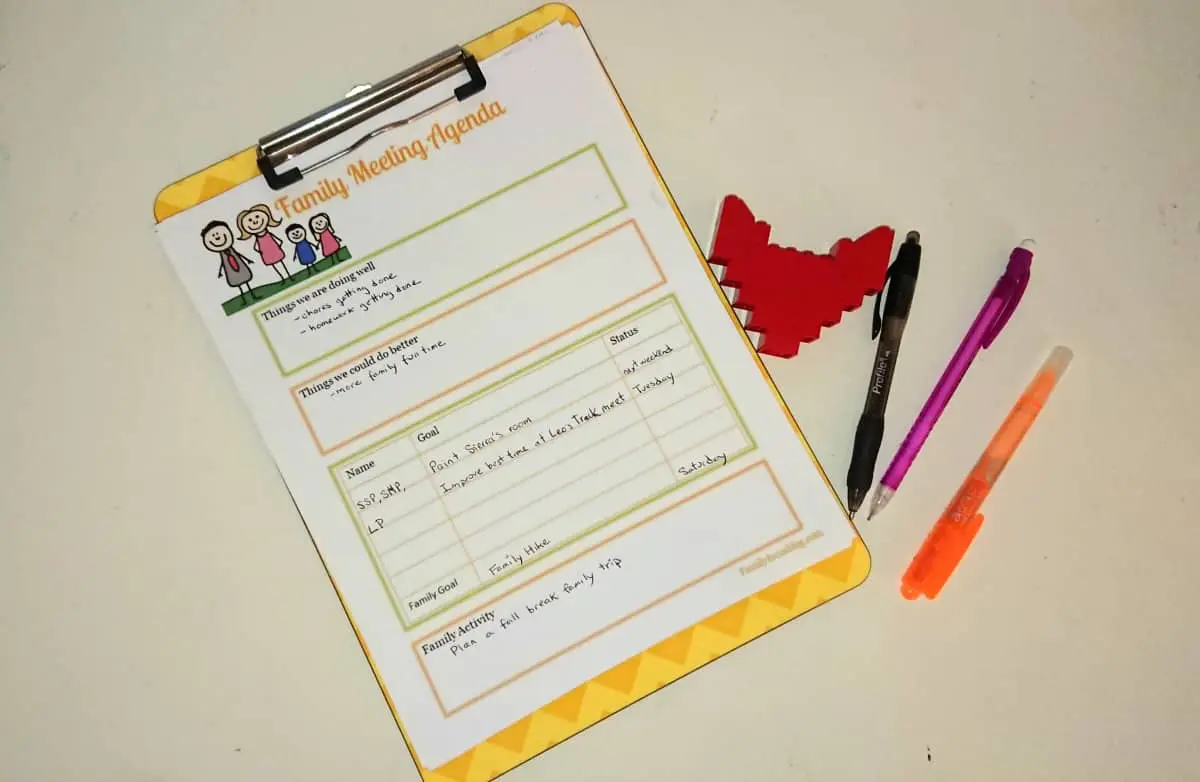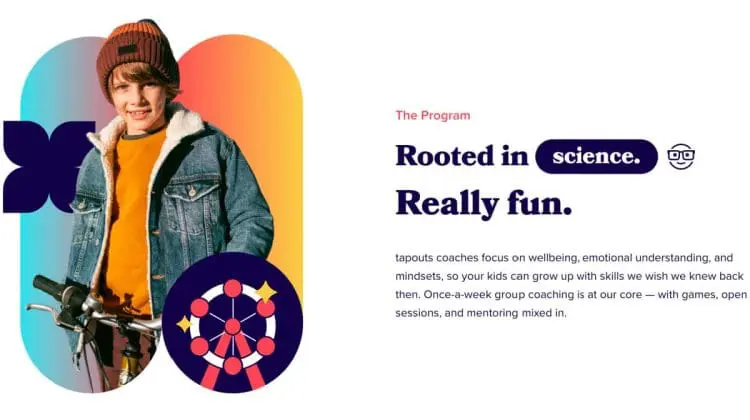A weekly family meeting is a great way to keep your family bonded. You can discuss family rules, upcoming events, and share information that everyone needs to know. However, unless you have a family meeting agenda, everyone may be off-topic and not paying attention, making it a big waste of time. That is why I have […]
life lessons
Caring For Elderly Parents And Avoiding Caregiver Burnout
There are many people who are part of “the sandwich generation.” You know, stuck in the middle of caring for kids under 18, and caring for elderly parents at the same time. For most, that is a recipe for caregiver burnout or at least tons of stress. While we may love our children and our […]
tapouts Reviews: Teen Life Skills Coach
As a parent, I have always considered the well-being of my children to be my first priority. The many different facets of that seem to be constantly changing as children grow and develop. Ultimately we just want to have well-adjusted kids that can be happy and resilient as they go out into the world. That […]
Follow Through Meaning And Inspirational Quotes
Today, I want to share some of my favorite quotes on follow-through. As a general concept everyone knows the follow through meaning is to finish what you start. People also know following through is important. However, they sometimes neglect it because it takes too much time, effort, confidence, or desire. However, following through is part […]
10 Characteristics Of A Role Model
While people have the capability to be a rock of stability and achieve feats of human excellence, they also can fall victim to reckless mistakes and poor decisions. Positive role models have a tremendous influence on others. Good role models are like beacons of light that show you the way through their own example. Unveil […]
Why And How To Write A Letter Of Apology For Bad Behaviour
We are all human and we all make mistakes. An important life lesson is learning to recognize our mistakes and apologize for them. This shows that we are capable of self-reflection, empathy, and learning from our errors. On occasion, this can be a difficult task and hard lesson for even us adults. It is important to teach your kids […]
When Family Ignores You
We are entering the holiday season! Holidays can be filled with joy but sometimes all those family functions can also be sad when we miss those we love or feel ignored and lonely. When family ignore you, it can be a difficult task figure out why they are ignoring you and to deal with the […]







